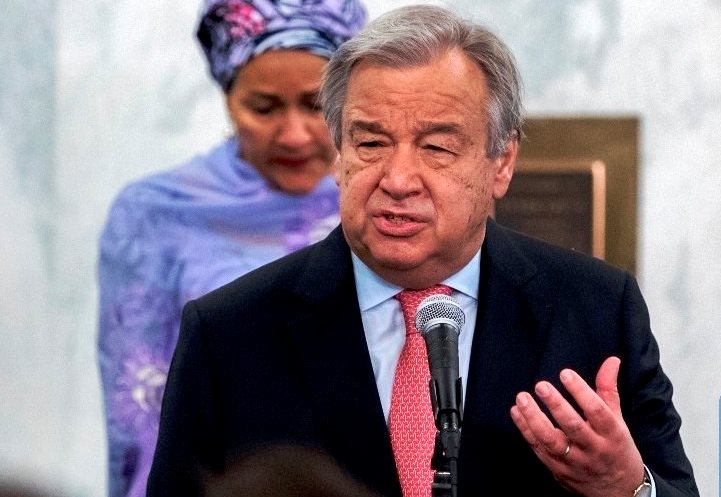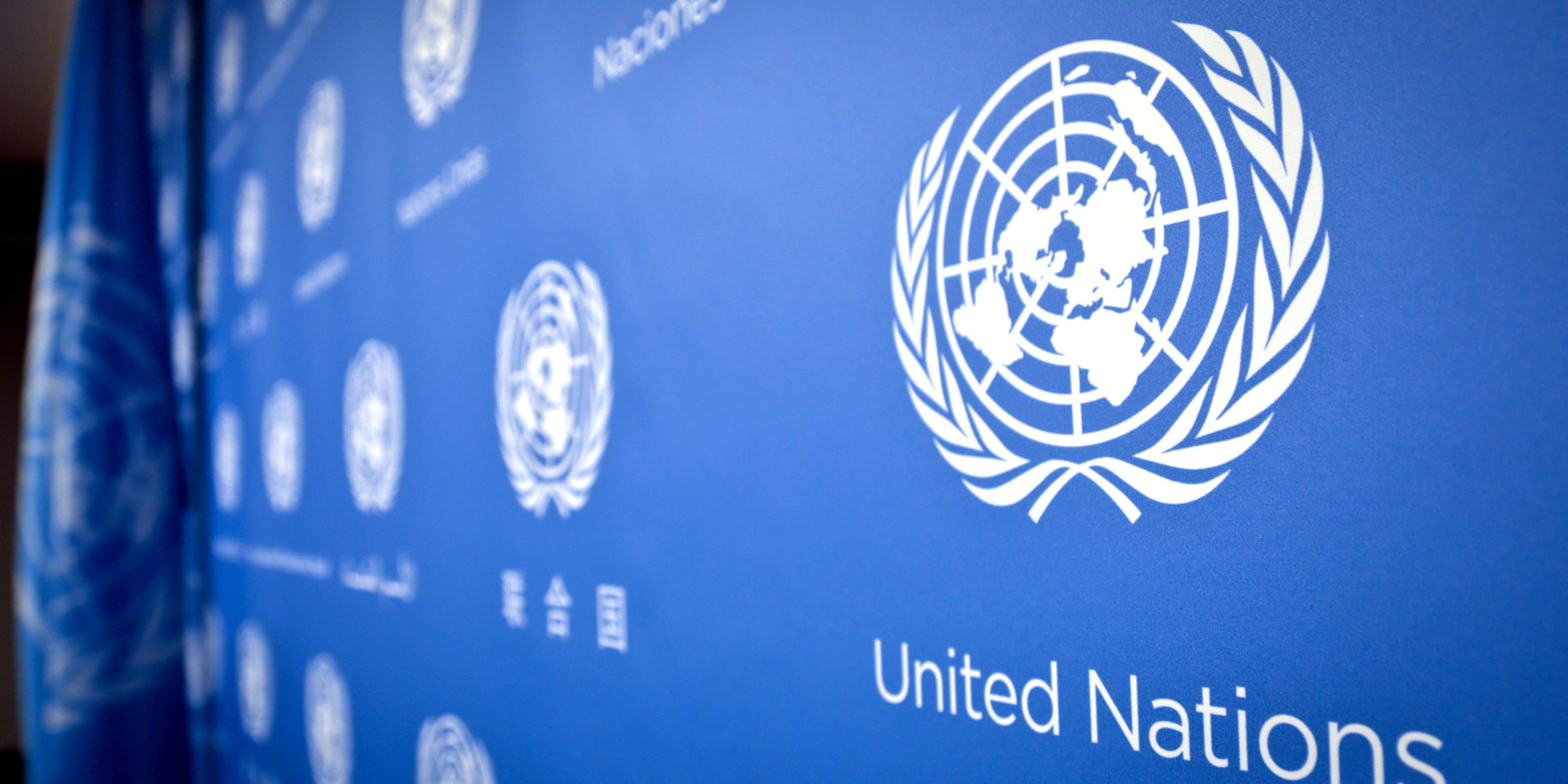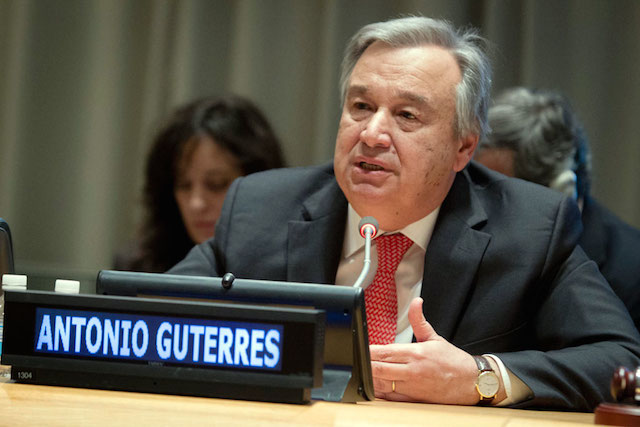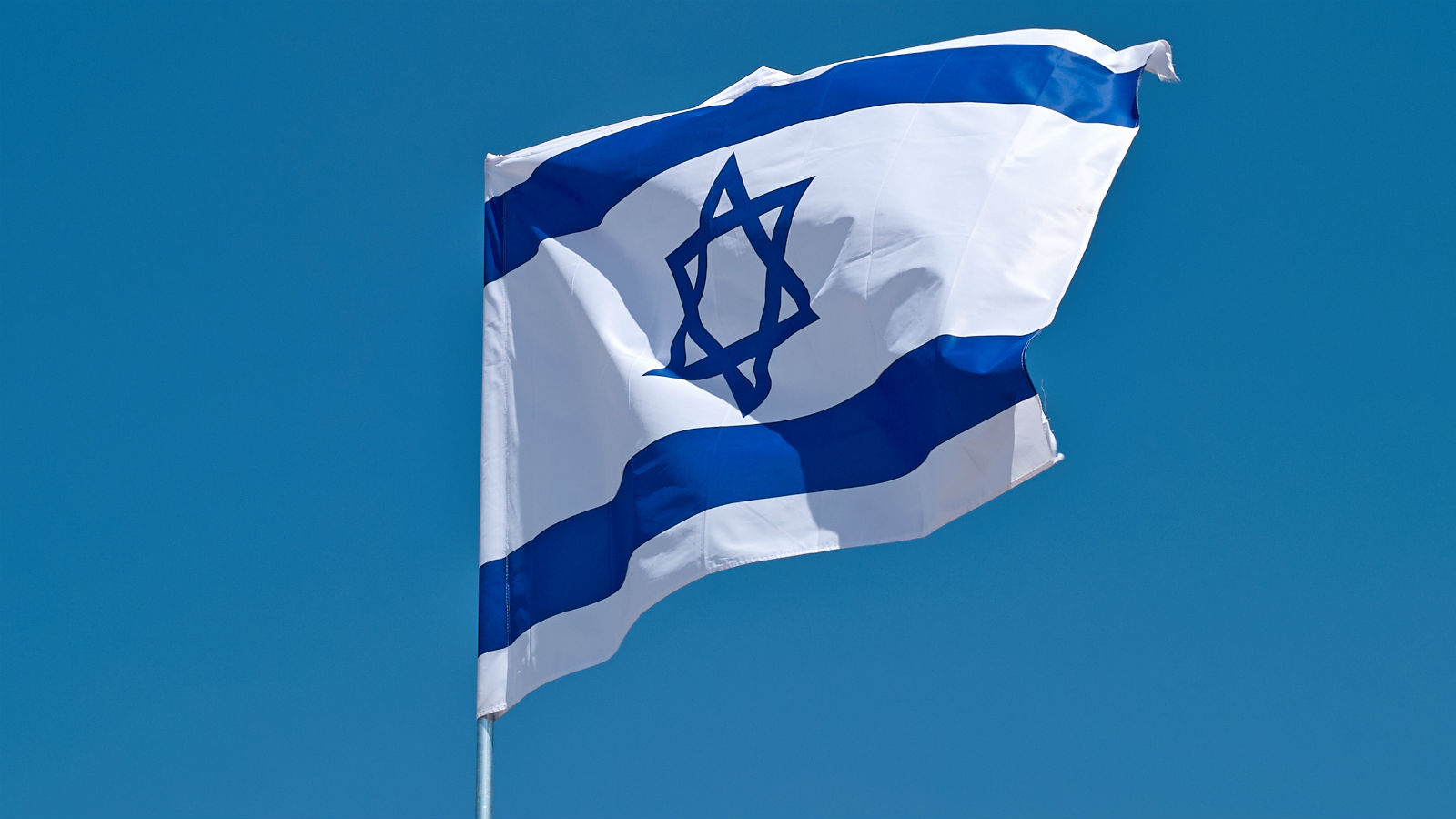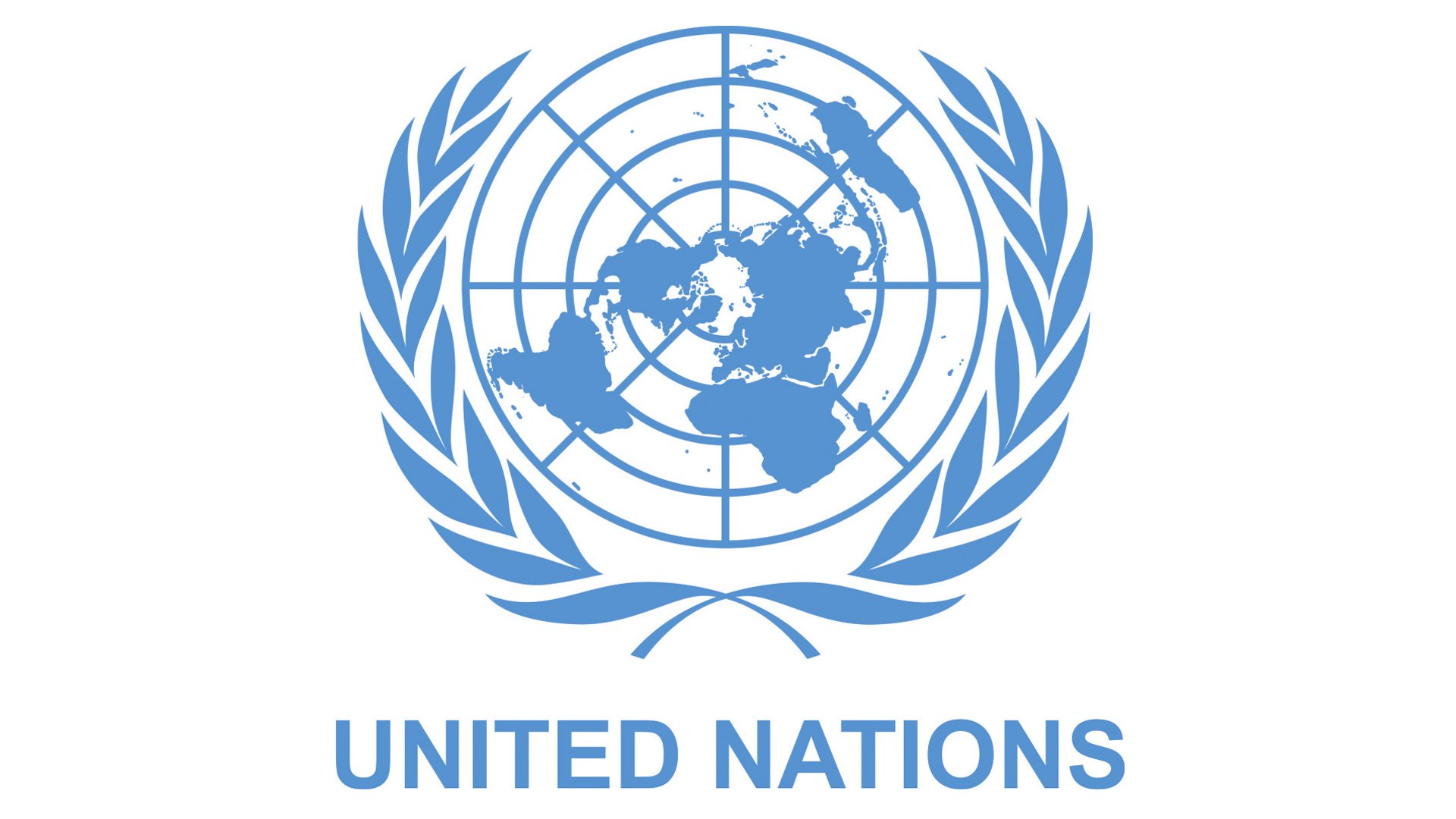UN Secretary-General, Antonio Guterres, on Monday joined the UN family in mourning 89 staff from its agency that assisted Palestine refugees (UNRWA), who were killed in Gaza.
Guterres told journalists at UN Headquarters in New York that the Gaza crisis was more than humanitarian crisis: “The nightmare in Gaza is more than a humanitarian crisis. It is a crisis of humanity.”
According to him, many of these colleagues – who include teachers, school principals, doctors, engineers, guards and support staff – were killed along with their family members.
Among them was a young woman called Mai, who “did not let her muscular dystrophy or her wheelchair confine her dreams,” becoming a top student and eventually working in information technology for UNRWA.
Guterres appealed for international action now towards “a way out of this brutal, awful, agonising dead end of destruction,” including to help pave the way to peace and a two-State solution for Israelis and Palestinians.
The UN chief also underlined the need to support a 1.2 billion dollar humanitarian appeal to help nearly three million people across the Occupied Palestinian Territory.
He also voiced ongoing grave concern over rising violence and an expansion of the conflict between Israeli forces and Hamas militants, stating that “the occupied West Bank, including East Jerusalem, is at a boiling point.”
Guterres highlighted how “the unfolding catastrophe in Gaza makes the need for a humanitarian ceasefire more urgent with every passing hour,” stressing that the protection of civilians is paramount.
“Gaza is becoming a graveyard for children. Hundreds of girls and boys are reportedly being killed or injured every day.
“More journalists have reportedly been killed over a four-week period than in any conflict in at least three decades.
“More United Nations aid workers have been killed than in any comparable period in the history of our organisation,” he said.
However, he said the humanitarian appeal – launched by the UN and partners – would assist the entire population in the Gaza Strip and half a million Palestinians in the West Bank, including East Jerusalem.
Guterres said although some aid was getting into Gaza via the Rafah crossing from Egypt, this “trickle of assistance does not meet the ocean of need.”
Over the past two weeks, 400 trucks have made the journey, compared with 500 a day prior to the conflict, and the aid deliveries have not included desperately needed fuel.
“Without fuel, newborn babies in incubators and patients on life support will die.
“Water cannot be pumped or purified. Raw sewage could soon start gushing onto the streets, further spreading disease. Trucks loaded with critical relief will be stranded,” he warned.
The secretary-general said the way forward wasclear, repeating his call for an immediate humanitarian ceasefire and for all parties to respect international humanitarian law.
He reiterated his appeals for the unconditional release of all Israeli hostages held by Hamas in Gaza, and for the protection of civilians, hospitals, UN facilities, shelters and schools.
“More food, more water, more medicine and of course fuel – entering Gaza safely, swiftly and at the scale needed. Now.
“Unfettered access to deliver supplies to all people in need in Gaza. Now. And the end of the use of civilians as human shields. Now,” he said.
Israel-Palestine crisis: ‘Enough is enough’ UN humanitarians appeal
Some UN agencies have appealed for an immediate humanitarian ceasefire to allow more lifesaving aid into Gaza as the Israel-Palestine crisis enters the second month.
Among those uniting behind the message that “enough is enough,” is UN relief chief Martin Griffiths who renewed earlier pleas for the immediate and unconditional release of the more than 240 hostages captured by Hamas and held in Gaza since Oct. 7.
All parties should respect their obligations under international humanitarian and human rights law, the UN agency leaders insisted, amid media reports of huge explosions from airstrikes across northern Gaza overnight.
“Civilians and the infrastructure they rely on – including hospitals, shelters and schools – must be protected,” they said.
The humanitarian leaders, in a joint statement, called the killings of large numbers of civilians in Gaza an “outrage.” So too was the fact that the Strip’s 2.2 million residents continue to be cut off from food, water, medicine, electricity and fuel.
The humanitarian officials stressed that an entire population is besieged and under attack, denied access to the essentials for survival, bombed in their homes, shelters, hospitals and places of worship.
“This is unacceptable,” they insisted.
United Nations Office for the Coordination of Humanitarian Affairs (OCHA) reported that in Gaza people are braving airstrikes to line up outside bakeries in the hope of buying bread, while power sources continued to dwindle.
Multiple solar panels on the roofs of buildings, particularly in Gaza City, have reportedly been destroyed by Israeli airstrikes in the past few days, OCHA said.
This has eliminated one of the remaining sources of energy for hospitals and water and food production as fuel continues to be banned from entering the Strip by the Israeli authorities.
Meanwhile, massive displacement prompted by an Israeli Defence Forces’ order to Gazans to leave Gaza City and the north of the enclave on Oct. 13 has aggravated the already fragile health situation in Gaza.
Over 700,000 of the 1.5 million internally displaced people across the Strip are sheltering in 149 facilities run by the UN agency for Palestine refugees (UNRWA), which are severely overcrowded.
Several cases of acute respiratory infections, diarrhoea and chicken pox have been reported among people taking refuge at UNRWA shelters.
UNRWA has deplored the fact that its shelters have been repeatedly hit by Israeli fire and are no longer safe for those seeking refuge there.
On Saturday, an UNRWA school in Jabalia camp north of Gaza City was directly hit by strikes which killed 15 people and injured 70.
The agency said over 160,000 displaced people were sheltering in 57 of its facilities in Gaza City and the North Gaza governorate, as of Oct. 12, before an evacuation order was issued by the Israeli Authorities.
However, UNRWA warned that, “it is not able to access these shelters to assist or protect the internally displaced persons and does not have information on their needs and conditions.”
Since Oct. 7 the agency has mourned the loss of 88 of its own staffers – the highest number of United Nations fatalities ever recorded in a single conflict.
